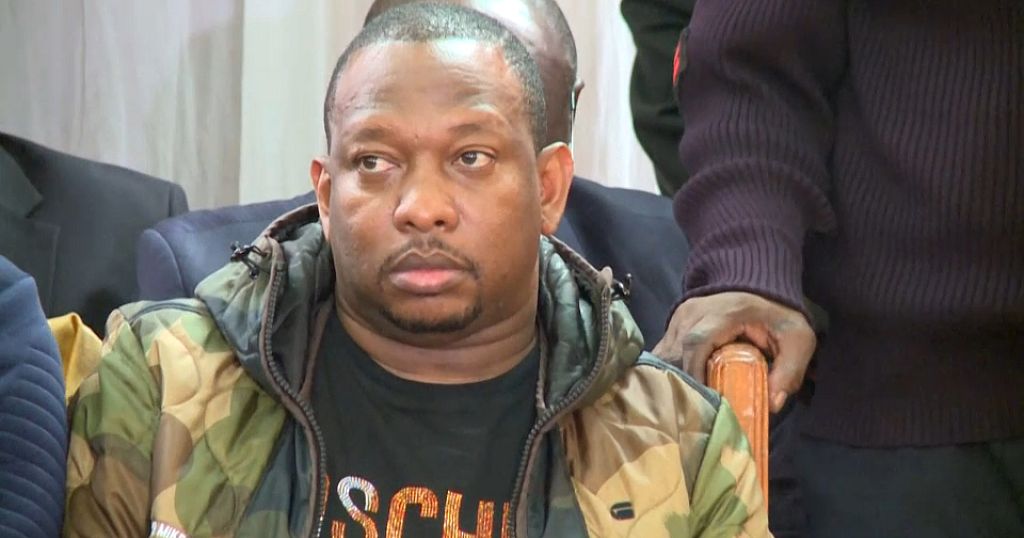The US Department of Treasury defines money laundering as “financial transactions in which criminals, including terrorist organisations, attempt to disguise the proceeds, sources or nature of their illicit activities”.
Money laundering, especially in the Kenyan context, facilitates a broad range of sombre fundamental criminal acts and ultimately impedes the integrity of the financial system, money market, investor confidence and remains a jig-saw puzzle for security agents.
In Kenya, corruption and money laundering are inherently linked. Just like Siamese twins, they are joined at the hip. Corruption offences such as bribery or theft of public funds are generally committed for private gain.
“Corruption is worse than prostitution,” said Karl Kraus, a satirist, writer and journalist. “The latter might endanger the morals of an individual, the former invariably endangers the morals of the entire country.”
Kenyan security agencies recently commenced investigations into a suspected complex and intricate money laundering web after busting a cache of “fake” $20 million banknotes in a secure vault in a leading bank in Nairobi. Weeks later, police arrested several people with millions of “fake” US dollars in Juja town, a few kilometres from the capital city.
In the past two weeks, Nairobi County has witnessed several other arrests, of Kenyans and foreigners, over colossal sums of “fake” dollars, eliciting the question whether Kenya has become a regional money laundering hub.
Coming on the backdrop of grapevine that senior politicians could be involved in the criminal acts, it remains to be seen whether it is politics at play.
Money laundering, especially in Africa, integrates, concealing illegitimate monetary upsurges generated mostly from criminal activities.
Of late, former Prime Minister Raila Odinga has put some unnamed top politicians to task over misuse of the church for selfish gain.
The opposition chief claimed that some local churches were being used as platforms and conduits for money laundering by corrupt politicians. He alluded that some politicians “continue to misuse the pulpit to sanitise their ill-gotten wealth by abnormal and questionable financial donations”.
Auditors and financial analysts believe that, by efficaciously laundering the proceeds of a corruption act, the illicit gains may be enjoyed without fear of being confiscated.
The Organisation for Economic Cooperation and Development (OECD) acts as a meeting ground for 30 countries that believe strongly in the free market system and provides a forum for discussing, among other issues, counter measures for money laundering. OECD portends that countries can effectively counter money laundering by developing practical guidance on detection systems for tax auditors, examining key risk areas and reviewing their practices for sharing information between tax and anti-money laundering authorities.
For a country like Kenya, a regional economic hub, putting in place OECD measures, not only as a matter of policy but also prudent follow-through and implementation, can be an antidote to money laundering.
These include safeguarding the integrity of the public sector, protecting designated private sector institutions from abuse, increasing transparency of the financial system, facilitating the detection, investigation and prosecution of corruption and money laundering, and the recovery of stolen assets.
Parliament ought to come up with serious pieces of legislation to address the menace.
However, former US president Theodore Roosevelt had — rightly, it seems — unkind words for the legislators: “When they call the roll in the Senate, the senators do not know whether to answer ‘Present’ or ‘Not Guilty’”.
Mr Lusiola, a certified fraud examiner (CFE) and security consultant, is a PhD student. [email protected]

 General News4 days ago
General News4 days ago
 General News5 days ago
General News5 days ago
 General News4 days ago
General News4 days ago
 General News3 days ago
General News3 days ago
 General News3 days ago
General News3 days ago
 General News2 days ago
General News2 days ago

